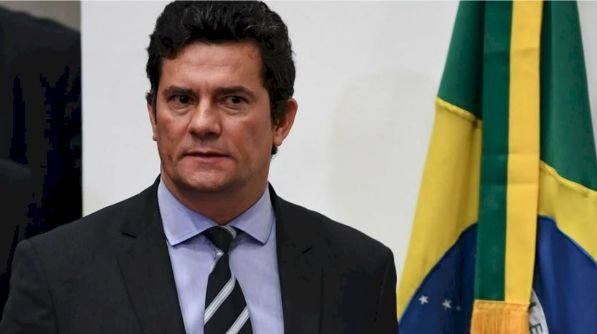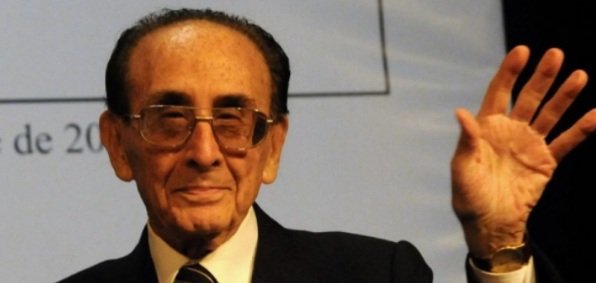Sergio Moro, born on August 1, 1972 (age 52) in Maringá, Brazil, is a magistrate and lawyer who rose to prominence in Brazilian politics by convicting the current president, Luiz Inácio Lula da Silva, in the “Lava Jato” case. Although the conviction did not lead to Lula’s imprisonment, it played a significant role in shaping the senator’s public profile.
Moro served as Minister of Justice during the presidency of Jair Bolsonaro, who governed Brazil from 2019 to 2024. The tension between Lula and the magistrate has always been evident, with harsh public statements by the current president directed at Moro, in an ongoing tug-of-war with no clear resolution.
From 2016 to 2019, Lula was imprisoned due to the Lava Jato case. The imprisonment was not the final outcome Moro had sought, as Brazil’s judiciary, through a unanimous decision, declared the current president innocent, releasing him from one of the country’s major corruption cases. Since then, a series of attacks and what the senator has called “political persecution” have been directed against Moro.
How did Moro enter politics?
At 24, after earning his law degree, Moro became a federal judge. The following year, he participated in the legal scholars program at Harvard, one of the world’s most prestigious universities.
Before joining Bolsonaro’s government, Moro led and oversaw the Lava Jato case, which dismantled a corruption system involving the Federal Police. Since 2014, the Lava Jato operation uncovered over $2 billion in misappropriated funds. The case earned its name from the initial discovery made at a network of car washes and gas stations.
The scale of the case was so vast that it drew comparisons to the Italian “Mani Pulite” trial, a historic anti-corruption investigation that disrupted Italian politics and exposed thousands of bribes across party lines. In Brazil, Sergio Moro was the man at the helm of the investigation, which is why his name is etched into the country’s history. During the proceedings, a parliamentary committee was established to address the corruption cases and intensify the investigation. At the center of it all was a company known as “Grupo Odebrecht,” which played an active role not only in Brazil but throughout Latin America.
The construction giant Odebrecht was deeply involved in bribes and illegal payments to various Brazilian governments, particularly in support of political campaigns and through its ties with the state oil company Petrobras. With over $183 million involved, the Odebrecht scandal extended far beyond Brazil, spreading thousands of bribes across Latin America. The number of countries affected by Odebrecht’s bribery surpassed 100.
In 2014, several Petrobras executives were sentenced under Moro’s jurisdiction. In an interview, Moro stated that the testimonies of Petrobras officials were just one part of the broader Lava Jato case, which also included Odebrecht and other involved companies. More than 30 political parties were implicated in the investigation, including Lula’s party. Lula himself was convicted and imprisoned before being acquitted, dealing a significant blow to Moro’s efforts.
Among his most quoted remarks, Moro highlighted that “Lava Jato showed that corruption can be fought in Brazil” and that “billions of reais were recovered.” The judge expressed regret over the annulment of Lula’s and other defendants’ sentences but insisted that the “fight against corruption requires the will to improve institutions.”
“This government has helped create a climate of persecution against those responsible for the operation,” Moro commented, adding that “Lula’s government is against Lava Jato.”
The exchange between Lula and Moro
There is no relationship between the current president and the lawyer. Or if there is, no one should interfere, as tension exists on both sides. “I’ll only be happy when I screw Moro,” Lula once said. In turn, the senator frequently criticizes the current government whenever possible.
Moro’s opposition to Lula was also evident when he joined Jair Bolsonaro, Lula’s main rival in the elections. Bolsonaro invited Moro to serve as Minister of Justice, a role he eventually took on. However, his time in the position was brief, as he resigned during the pandemic.
Sergio Moro’s name will remain part of Brazil’s political and judicial legacy. He held corrupt figures accountable in the Odebrecht and Lava Jato cases, where Lula and his party acknowledged their actions. Years later, the judge continues to speak of a “political persecution” campaign against him.








